Informal learning – critically important, but neglected
Informal learning is a big thing now in learning and development. The 70:20:10 model, and others, tells us that informal learning is vastly more important than you’d ever think given the way ... usually carry out learning, training and staff development.
Most people will say they learn by doing things. Think of your own experience and ... yourself: how ... I come to learn what I know in order to ... my current job?
In fact, think of everything you have ever learned. Most of it you will have learned through living. You could almost say that learning is an unavoidable (and desirable) side effect of life. Without that ability to learn ... live, ... would have been consigned to the evolutionary dustbin a long time ago.
Informal learning and training courses
Let’s look at one area of informal learning that is hugely important, ... is usually neglected. This is the informal learning that MUST take place after a training course, if that training course is to have any impact on performance and business results.
You know how it is: you attend a training course, then you get back to a full inbox and several small fires burning. For most people, little is done that relates to their training course, even if they had to set goals in the course or were given some specific tasks to complete or resources to ....
... employers spend good money on these courses, and would quite like to get some business benefits from that spend.
To get such benefits, ... must realise that classroom learning is only a small part of the total learning that is required to operationalise the new knowledge and skills introduced by the training programme.
Learning must continue beyond the learning that occurred in the classroom. There is much more to behaviour change, and subsequent performance improvement, than just a classroom event.
Informal learning is unstoppable
It is not that learning completely stops after the classroom. Organisations rely on informal learning, even if they ... not aware that they ... doing so. People ... learning all the time, and without that learning, organisations would be ... in the water within months, or probably even just weeks.
It is virtually impossible for us to imagine a world without informal learning. Learning for us is such a fundamental part of our existence that ... don’t even notice it, any more than ... notice the air ... breathe.
Triggering informal learning<... /> Informal learning is not, generally speaking, directed by anybody. It is a natural response to observing others, having conversations and reflecting on experiences. It is triggered as a result of what’s going on.
However, the informal learning that needs to happen in relation to a training course often doesn’t happen, because it is not triggered anywhere near frequently enough, or in the right way. If ... want to generate informal learning that is focused on a training course, ... must find some way of triggering it and directing it. And therein lies part of the problem.
Informal learning is very powerful, ... its power comes largely from its informality and its place within the flow of our lives. When ... seek to direct it, ... can kill its power by killing its informality, by separating it from the natural flow of our lives.
So how can ... direct informal learning without rendering it powerless?
It seems to me that ... need a halfway house where ... ... ‘managing’ informal learning, ... with a light touch that does not destroy it. It is like ‘managing’ a butterfly you hold in your cupped hands: too tight, and you kill the butterfly; too loose, and the butterfly escapes and you have no influence over it at all.
Learning transfer
Informal learning by and large happens through activities, through people doing things or observing things, and then reflecting on those things. That reflection is magnified if the learner discusses those things with somebody else.
To achieve this you will need to delegate activities that have been carefully designed to trigger the desired reflection and learning, then debrief those activities to get the magnification effect.
You will also need to wrap some measurement around the process to check if what you ... doing is working, and to obtain information on how you might improve the process.
If you put this in place following a training course, you ... doing what is called ‘learning transfer’.
Excuses people use
Delivering lots of activities to people following a training course, debriefing them and holding them accountable for doing the activities, and then applying measurement, gives you a lot of administration to ....
One of the reasons that people almost never ... this kind of training follow-up is that they shy away from the administrative overhead, especially when they have so much pressure to deliver other courses.
It becomes obvious that you need a digital platform to manage all of this. And when you ..., voilà, you have what people call a Learning Transfer Platform (LTP).
Another common excuse for not initiating learning transfer is that the line manager is too busy or not skilled enough to debrief the activities, and obtaining external resources to ... this work ... not affordable.
In my opinion, the line manager should be having those kinds of developmental conversations anyway in their regular one-to-one meetings, so ... ... not asking them for any more time or skill.
Letting them off the hook for not doing their job is counterproductive and symptomatic of deeper problems. Having said that, for some programmes, a cohort buddy or a subject matter expert may be a better person to debrief training follow-up activities.
Another excuse from the delegates themselves is that they don’t have time to ... follow-up activities. It’s important for all the stakeholders to realise that the training course is not just an event. It should be set up, sold, or marketed to the stakeholders as a longer-term programme.
For example, you might call it a five-day programme spread over six months, one day of which is in the classroom.
The requirement to ... follow-up activities should be ‘baked into’ the programme.
Learning Transfer Platform (LTP)
Quite honestly, the excuses I have heard from most people for not doing learning transfer properly really don’t wash. In my experience, the introduction of an LTP streamlines the process and makes the excuses look rather ridiculous. A good LTP will manage the informal learning that is specific to the follow-on required after a training course.
And it gives you another acronym to use!
Of course, at the time, the workers will still be informally learning lots of other things that ... unrelated to the training course. Learning transfer doesn’t need to impact anything else that they ... doing, ... what it does ... is impact the likelihood that they will start behaving differently following on from a training course.
This article was written for and originally published on https://www.trainingzone..../deliver/training/informal-learning-critically-important-...-neglected and has been republished with TrainingZone’s permisson.

_770x428.jpg?reload=2024-04-25 12:44:26)



_770x428.jpg?reload=2024-04-25 12:44:28)

_770x428.jpg?reload=2024-04-25 12:44:32)
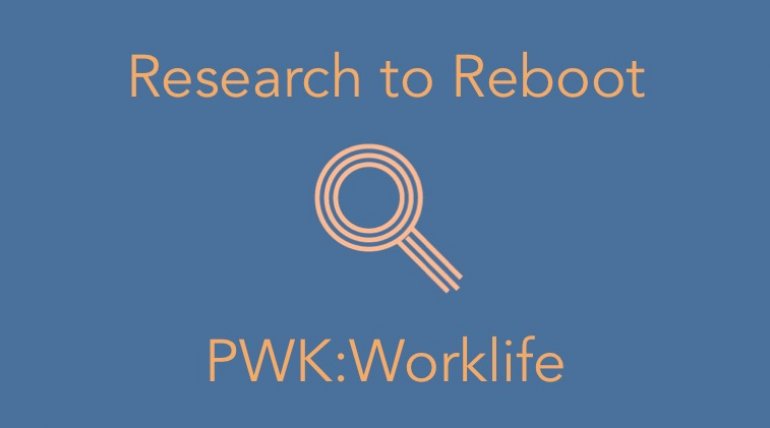
_770x428.jpg?reload=2024-04-25 12:45:53)
_770x428.jpg?reload=2024-04-25 12:44:35)
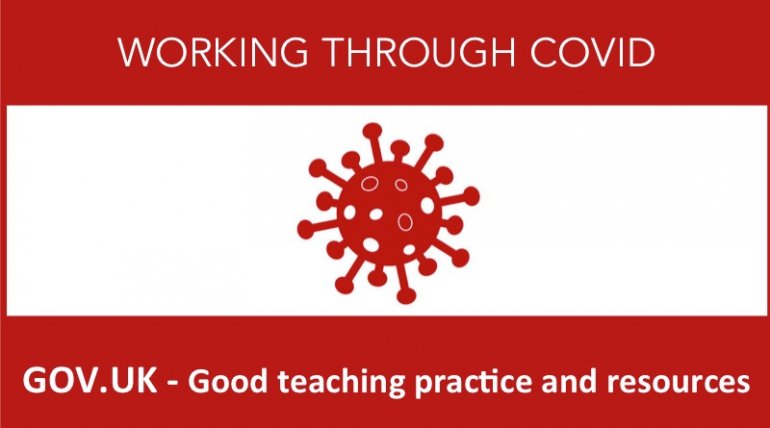
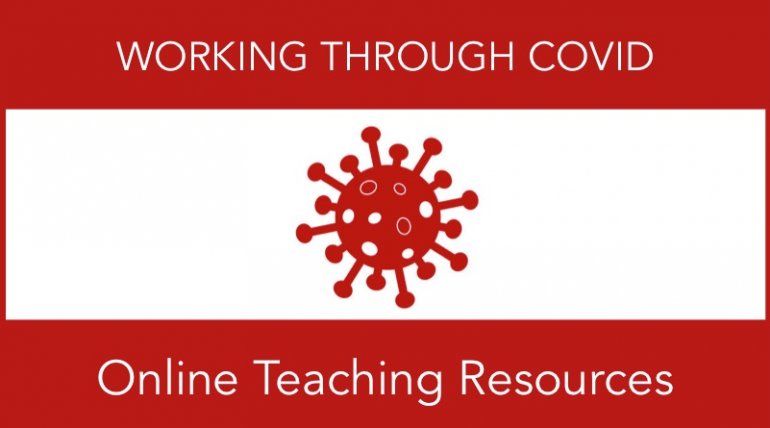
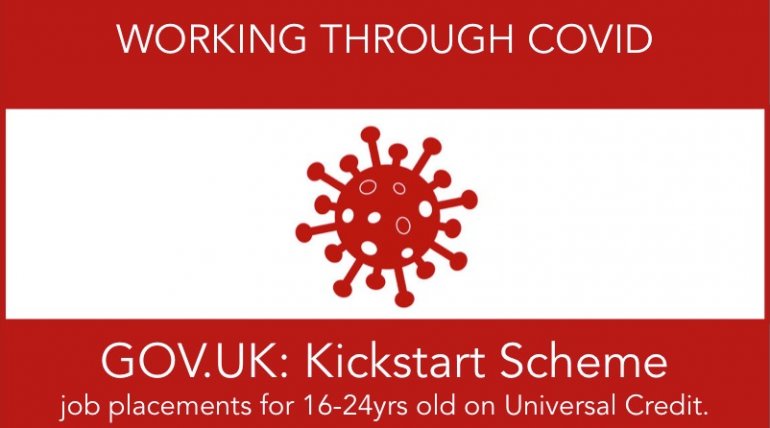
_770x428.jpg?reload=2024-04-25 12:44:47)
_770x428.jpg?reload=2024-04-25 12:47:17)
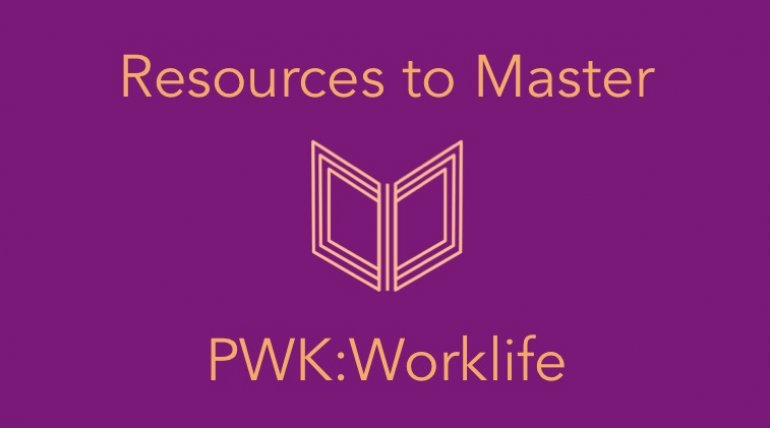
_square_270x320.jpg)
_770x428_thumb.jpg?reload=2024-04-25 12:47:19)
_770x428.jpg?reload=2024-04-25 12:47:21)
_770x428_thumb.jpg?reload=2024-04-25 16:37:18)
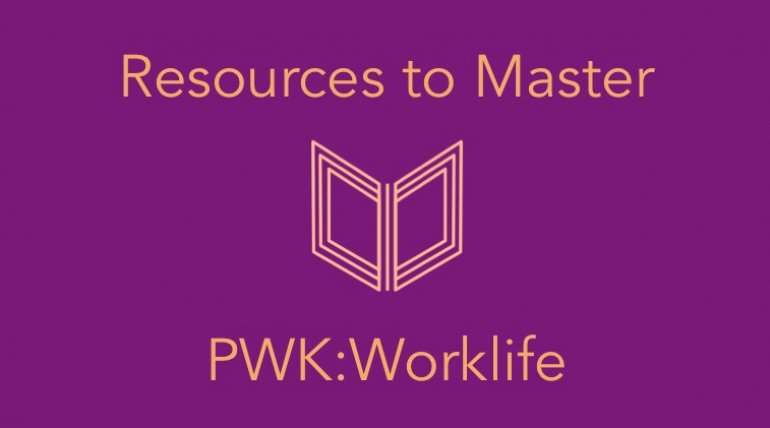
_770x428.jpg?reload=2024-04-25 12:47:25)
_770x428.jpg?reload=2024-04-25 12:47:27)


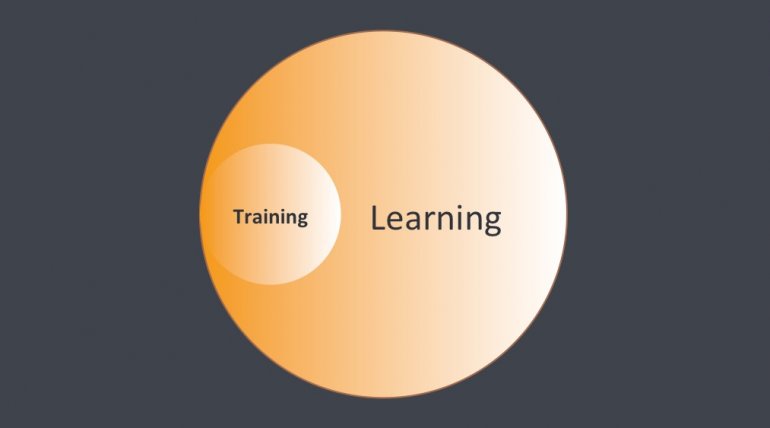
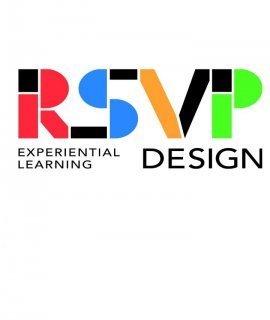
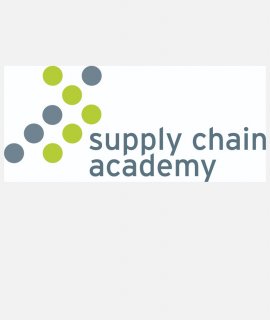
_270x320.jpg)
_270x320.jpg)
